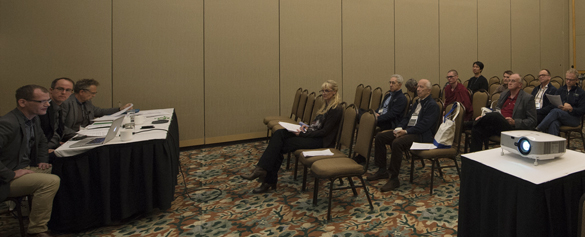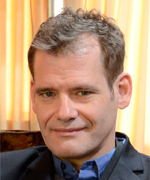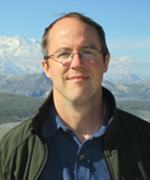
Translating Philosophical Materials B
This session offers advice for translators working with philosophical materials. John Dunne presents a specific problem of finding that your good translation has gone bad. Douglas Duckworth speaks about collaborative translation and its rewards while offering advice about the process as it relates specifically to philosophical texts, and Klaus-Dieter Mathes discusses specific phrases and their meaning as they support one’s comprehension of philosophical concepts.
Event: TT Conference 2014 – Workshop
Date: October 4, 2014 – 4:30 pm
Speakers: Douglas Duckworth, John Dunne, Klaus-Dieter Mathes
Topics: Philosophical Materials, Translation

John Dunne
Emory University
John Dunne (PhD 1999, Harvard University) is an Associate Professor in the Department of Religion at Emory University, where he co-founded the Collaborative for Contemplative Studies. Previously he held a research post at the Université de Lausanne (Switzerland) and conducted doctoral research at the Central University for Tibetan Studies (Sarnath). Before Emory, he taught at at the University of Wisconsin-Madison. His work focuses on Buddhist philosophy and contemplative practice, especially in dialog with Cognitive Science. His publications include a monograph on Dharmakīrti (Foundations of Dharmakīrti’s Philosophy, 2004) and cognitive scientific studies of Buddhist contemplative practice with colleagues from the Center for Investigating Healthy Minds and the Mind and Life Institute. His translations from Sanskrit and Tibetan have appeared in various publications (The Precious Garland: An Epistle to a King, 1997), and he has served as an oral interpreter for numerous Tibetan teachers including H.H. the Dalai Lama. His current translation work is on Candrakīrti’s Prasannapadā.

Douglas Duckworth
Temple University
Douglas Duckworth is Assistant Professor in the Department of Religion at Temple University. He is the author of Mipam on Buddha-Nature: The Ground of the Nyingma Tradition (SUNY, 2008) and Jamgön Mipam: His Life and Teachings (Shambhala, 2011). He also introduced and translated Distinguishing the Views and Philosophies: Illuminating Emptiness in a Twentieth-Century Tibetan Buddhist Classic by Bötrül (SUNY, 2011).

Klaus-Dieter Mathes
University of Vienna
Klaus-Dieter Mathes earned his doctorate at Marburg University, and is a Professor of Tibetology and Buddhist Studies at the University of Vienna, Austria. He previously worked as a research fellow and lecturer at the Asia Africa Institute at the University of Hamburg, Germany. His research in progress deals with the Indian origins of Tibetan Mahāmudrā traditions. Major publications include A Direct Path to the Buddha Within: Gö Lotsawa´s Mahāmudrā Interpretation of the Ratnagotravibhāga (Boston, Wisdom Publications: 2008). He is also a regular contributor to the Journal of the International Association of Buddhist Studies.
